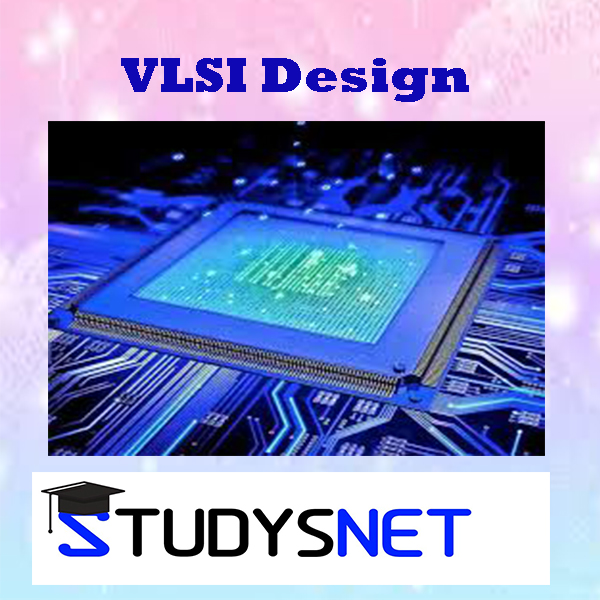VLSI Design free videos and free material uploaded by Ramanjaneyulu K .
Objectives:
The main objectives of this course are:
• Basic characteristics of MOS transistor and examines various possibilities for configuring inverter circuits and aspects of latch-up are considered.
• Design processes are aided by simple concepts such as stick and symbolic diagrams but the key element is a set of design rules, which are explained clearly.
• Basic circuit concepts are introduced for MOS processes we can set out approximate circuit parameters which greatly ease the design process.
Outcomes:
At the end of this course the student can able to:
• Understand the properties of MOS active devices and simple circuits configured when using them and the reason for such encumbrances as ratio rules by which circuits can be interconnected in silicon.
• Know three sets of design rules with which nMOS and CMOS designs may be fabricated.
• Understand the scaling factors determining the characteristics and performance of MOS circuits in silicon.
Syllabus:
UNIT-I:
Introduction and Basic Electrical Properties of MOS Circuits: Introduction to IC technology, Fabrication process: nMOS, pMOS and CMOS. Ids versus Vds Relationships, Aspects of MOS transistor Threshold Voltage, MOS transistor Trans, Output Conductance and Figure of Merit. nMOS Inverter, Pull-up to Pull-down Ratio for nMOS inverter driven by another nMOS inverter, and through one or more pass transistors. Alternative forms of pull-up, The CMOS Inverter, Latch-up in CMOS circuits, Bi-CMOS Inverter, Comparison between CMOS and BiCMOS technology.
UNIT-II:
MOS and Bi-CMOS Circuit Design Processes: MOS Layers, Stick Diagrams, Design Rules and Layout, General observations on the Design rules, 2μm Double Metal, Double Poly, CMOS/BiCMOS rules, 1.2μm Double Metal, Double Poly CMOS rules, Layout Diagrams of NAND and NOR gates and CMOS inverter, Symbolic Diagrams- Translation to Mask Form.
UNIT-III:
Basic Circuit Concepts: Sheet Resistance, Sheet Resistance concept applied to MOS transistors and Inverters, Area Capacitance of Layers, Standard unit of capacitance, Some area Capacitance Calculations, The Delay Unit, Inverter Delays, Driving large capacitive loads, Propagation Delays, Wiring Capacitances, Choice of layers. Scaling of MOS Circuits: Scaling models and scaling factors, Scaling factors for device parameters, Limitations of scaling, Limits due to sub threshold currents, Limits on logic levels and supply voltage due to noise and current density. Switch logic, Gate logic.
UNIT-IV:
Chip Input and Output circuits: ESD Protection, Input Circuits, Output Circuits and L(di/dt) Noise, On-Chip clock Generation and Distribution. Design for Testability: Fault types and Models, Controllability and Observability, Ad Hoc Testable Design Techniques, Scan Based Techniques and Built-In Self Test techniques.
UNIT-V:
FPGA Design: FPGA design flow, Basic FPGA architecture, FPGA Technologies, FPGA families- Altera Flex 8000FPGA, Altera Flex 10FPGA, Xilinx XC4000 series FPGA, Xilinx Spartan XL FPGA, Xilinx Spartan II FPGAs, Xilinx Vertex FPGA. Case studies: FPGA Implementation of Half adder and full adder. Introduction to synthesis: Logic synthesis, RTL synthesis, High level Synthesis.
UNIT-VI:
Introduction to Low Power VLSI Design: Introduction to Deep submicron digital IC design, Low Power CMOS Logic Circuits: Over view of power consumption, Low –power design through voltage scaling, Estimation and optimisation of switching activity, Reduction of switching capacitance. Interconnect Design, Power Grid and Clock Design.
- Notes
- Notes
- Notes
- Notes

- 0 Reviews
- 23 Students
- 73 Courses

Write a public review